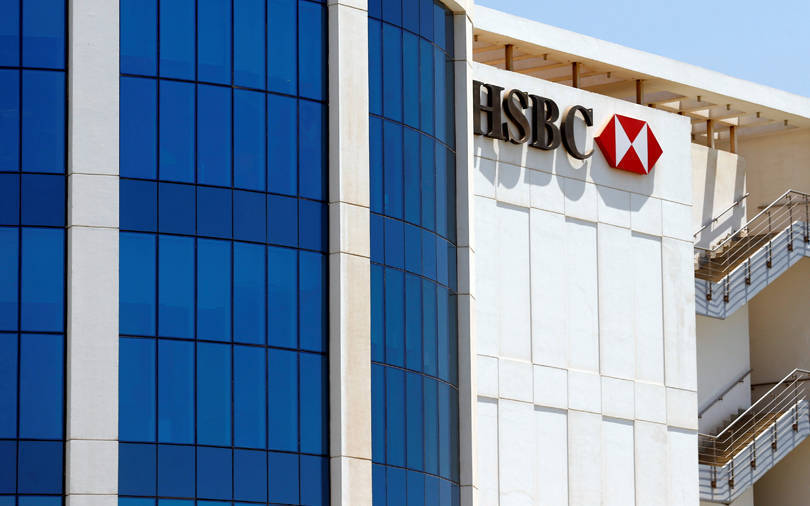About HSBC
HSBC is a foreign bank that was founded in Hong Kong and is also based in India, with its headquarters in Mumbai.
HSBC Holdings PLC is a British multinational banking and financial services corporation based in London, England, and is one of the world’s largest banks. The Hong Kong and Shanghai Banking Corporation has established in London in 1991 to serve as a new group holding company.
The bank’s beginnings may be traced back to Hong Kong and Shanghai, where branches were originally established in 1865. The initials HSBC are an abbreviation for The Hong Kong and Shanghai Banking Corporation Limited. It has around 7,200 offices in 85 countries and territories in Africa, Asia, Europe, North America, and South America, as well as approximately 89 million clients.
It had total assets of $2.693 trillion as of December 31, 2012, nearly half of which were in Europe, the Middle East, and Africa, and a quarter in Asia-Pacific and the Americas. According to Forbes magazine’s composite metric, it was the world’s largest bank by assets in 2012 and the sixth-largest public firm.

HSBC exceeds China Wealth Hiring Targets
HSBC Holdings Plc, according to senior executives, is ahead of its recruiting objectives for its Chinese retail wealth management business and is considering re-entering India’s private banking industry as part of its desire to make Asia and wealth important pillars of expansion.
HSBC is investing $3.5 billion in its wealth and personal banking businesses as part of a plan led by Group CEO Noel Quinn, with the goal of becoming Asia’s top wealth manager by 2025.
HSBC’s largest area is Asia, and the wealth and personal banking segment contributed 44 per cent, or $22 billion, to the London-based bank’s adjusted worldwide revenue last year. According to Matos, the bank plans to increase the number of personal wealth planners on its mobile wealth planning service, HSBC Pinnacle, in China to 700 by the end of the year, up from 550 previously projected. Wealth management services provided by HSBC include investments, insurance, and asset management solutions, while private banking is available to clients with investable assets of $5 million or more.

HSBC is considering re-entering onshore private banking in India, where the ranks of the super-rich are rapidly expanding and record-high stock markets have spawned a slew of billion-dollar start-ups.
As part of a group strategy, HSBC departed the Indian private banking sector in 2015. There are few international companies in India’s affluent but highly competitive business. Currently, HSBC is focusing its global headquarters in Singapore, London, and the Middle East on catering to rich Indians.

Opportunities
According to Matos, HSBC is also trying to expand its footprint in Singapore and Southeast Asia. In August, the bank paid $575 million for the Singapore assets of French insurer AXA.
Though HSBC has a strong retail banking presence in Asia, notably in the financial capital of Hong Kong, global giants like UBS and Credit Suisse dominate the market for wealthy clientele.
Despite an unprecedented regulatory crackdown in the world’s second-largest economy, global asset managers remain optimistic about their development prospects in China.
According to a global wealth analysis issued in June by Boston Consulting Group, Asia’s wealth management revenue pools will nearly double to $52 billion over the next five years, faster than any other market globally. “Asian wealth is growing at double the rate of the rest of the globe.” “This is a tremendous opportunity for us,” said Matos, who took over the newly integrated division of HSBC in February. “I’m not going to re-do our targets today,” he continued, “but I can tell that in 2021, we will outperform our wealth goals.”
Also Read: 96 countries have accepted and conceded both Indian vaccines- Covishield and Covaxin.
















